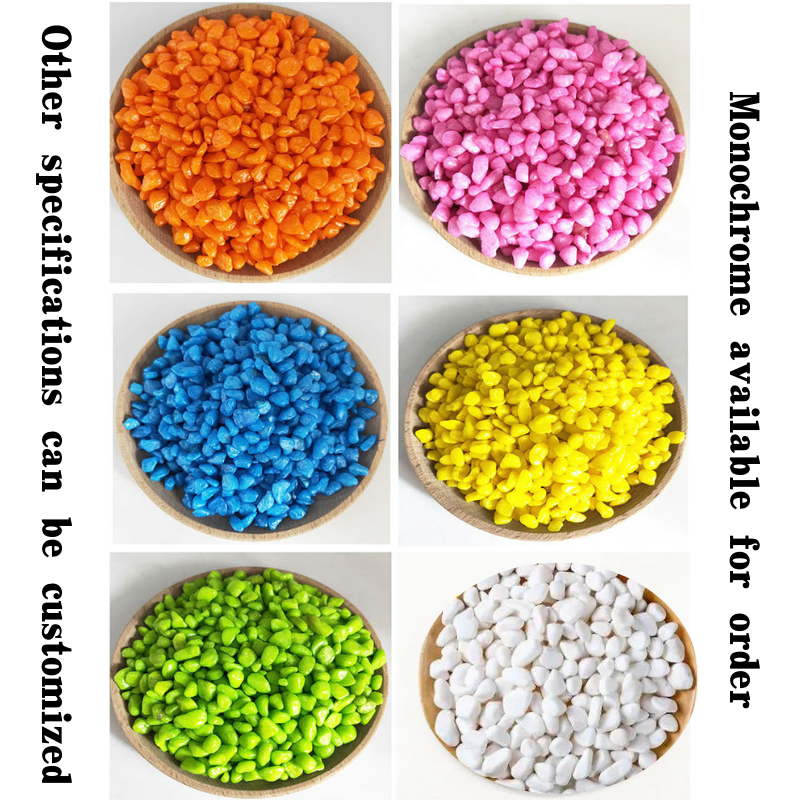
Exploring the Uses and Properties of Calcium Carbonate and Its CAS Number for Identification
Understanding Calcium Carbonate CAS Number and Its Importance
Calcium carbonate is a versatile and widely used chemical compound, recognized in the scientific and industrial communities by its CAS (Chemical Abstracts Service) number, which is 471-34-1. This number serves as a unique identifier for the compound, facilitating communication and information exchange regarding its properties, uses, and regulatory status across various scientific disciplines and industries.
What is Calcium Carbonate?
Calcium carbonate (CaCO3) is a white, crystalline substance that occurs naturally in various forms. It is a primary component of limestone, marble, and chalk, making it crucial in the building materials industry. In addition to its natural abundance, calcium carbonate is produced synthetically for various applications. Its properties, such as low solubility in water and high stability, make it an ideal compound for numerous purposes ranging from construction to pharmaceuticals.
Industrial Applications
The applications of calcium carbonate are diverse and far-reaching. One of the most significant uses is in the manufacture of cement and concrete, where it acts as a filler and provides the necessary calcium oxide (CaO) for the hydration process. The construction industry heavily relies on calcium carbonate due to its cost-effectiveness and availability.
In the plastic and rubber industries, calcium carbonate is used as a filler to enhance the mechanical properties, improve the surface finish, and reduce production costs. Its use in these applications not only optimizes performance but also makes products more environmentally friendly by reducing the amount of synthetic additives required.
calcium carbonate cas number

Additionally, calcium carbonate plays a crucial role in the food industry as a calcium supplement and a food additive (E170) to improve texture, acidity regulation, and appearance. It is also utilized in the production of toothpaste, as a mild abrasive that helps in the cleaning process without damaging dental enamel.
Environmental Importance
Calcium carbonate is not only important for industrial applications but also plays a vital role in environmental science. It is involved in the carbon cycle, acting as a natural buffer in oceans and freshwater systems, helping to regulate pH levels and supporting various aquatic life forms. Understanding calcium carbonate's role in these processes is crucial for researchers and environmentalists working on climate change and aquatic ecosystem preservation.
Regulatory Considerations
Given the wide usage of calcium carbonate, it is subject to various regulations and safety standards. The compound is generally recognized as safe (GRAS) by organizations such as the FDA when used appropriately in food and pharmaceutical applications. However, it is essential to adhere to regulatory guidelines to ensure safe handling, especially in industrial settings. The CAS number 471-34-1 allows for easy access to safety data sheets and regulatory information, which is critical for compliance and risk assessment.
Conclusion
In conclusion, calcium carbonate, with its CAS number 471-34-1, is an essential compound with extensive applications across various industries, including construction, food, and pharmaceuticals. Its significance extends beyond industrial uses; it plays a pivotal role in environmental processes that affect ecosystems and climate stability. As industries continue to innovate and seek sustainable solutions, calcium carbonate will undoubtedly remain a cornerstone of both industrial and environmental initiatives. Understanding the properties, applications, and regulatory aspects of this compound is crucial for businesses, researchers, and consumers alike as they navigate the complexities of modern chemistry and its implications for society.
Share
-
Vermiculite Wholesale – Premium Quality, Bulk Supply & Competitive PricingNewsJun.10,2025
-
Premium Glass Pebbles Custom Glass Pebbles Factory & OEM Manufacturer Reliable Custom Glass Pebbles FactoriesNewsJun.10,2025
-
Expert Custom Zeolite Producers Manufacturers & FactoriesNewsJun.10,2025
-
Custom Glow in the Dark Beads High-Quality Custom ManufacturersNewsJun.10,2025
-
China Ceramsite Balls Factory - Lightweight & Durable Media Solutions ManufacturerNewsJun.09,2025
-
Custom Matte Mica Powder Manufacturers High Quality & AffordableNewsJun.09,2025






